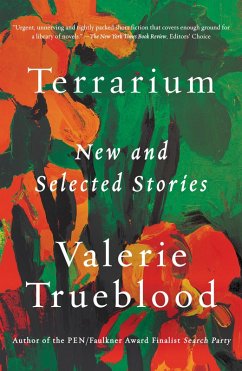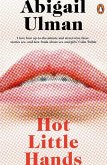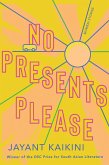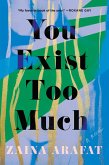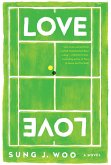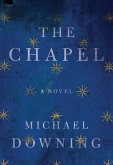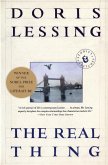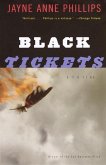Valerie Trueblood's writing has been praised by The New York Times as "an exercise in literary restraint and extreme empathy." Selected here are stories from her previous collections-finalists for the PEN/Faulkner Award and the Frank O'Connor International Short Story Award-alongside her newest collection, which lends this book its name.
The new stories collected within Terrarium represent an exciting direction for the author: a condensing of narrative and, in some cases, a departure from it into another state of mind.
It's hard to describe any of Trueblood's stories as "typical." She does not write about people from a single class, or caste, or geographical area. She has not written a single story emblematic of her work. She does not write stories fantastical or eccentric. Ordinary life, her stories may be saying, is fantastical enough. She is more like Babel than Chekhov. In all her writing, it's clear that Trueblood believes that the short story can carry both the lightest and heaviest of loads. Terrarium highlights the achievement of simply living, the stories within often unresolved but in a state of continuation, expansion. Trueblood's stories aren't merely "about" their subjects, they're inside them.
Dieser Download kann aus rechtlichen Gründen nur mit Rechnungsadresse in A, B, BG, CY, CZ, D, DK, EW, E, FIN, F, GR, HR, H, IRL, I, LT, L, LR, M, NL, PL, P, R, S, SLO, SK ausgeliefert werden.

